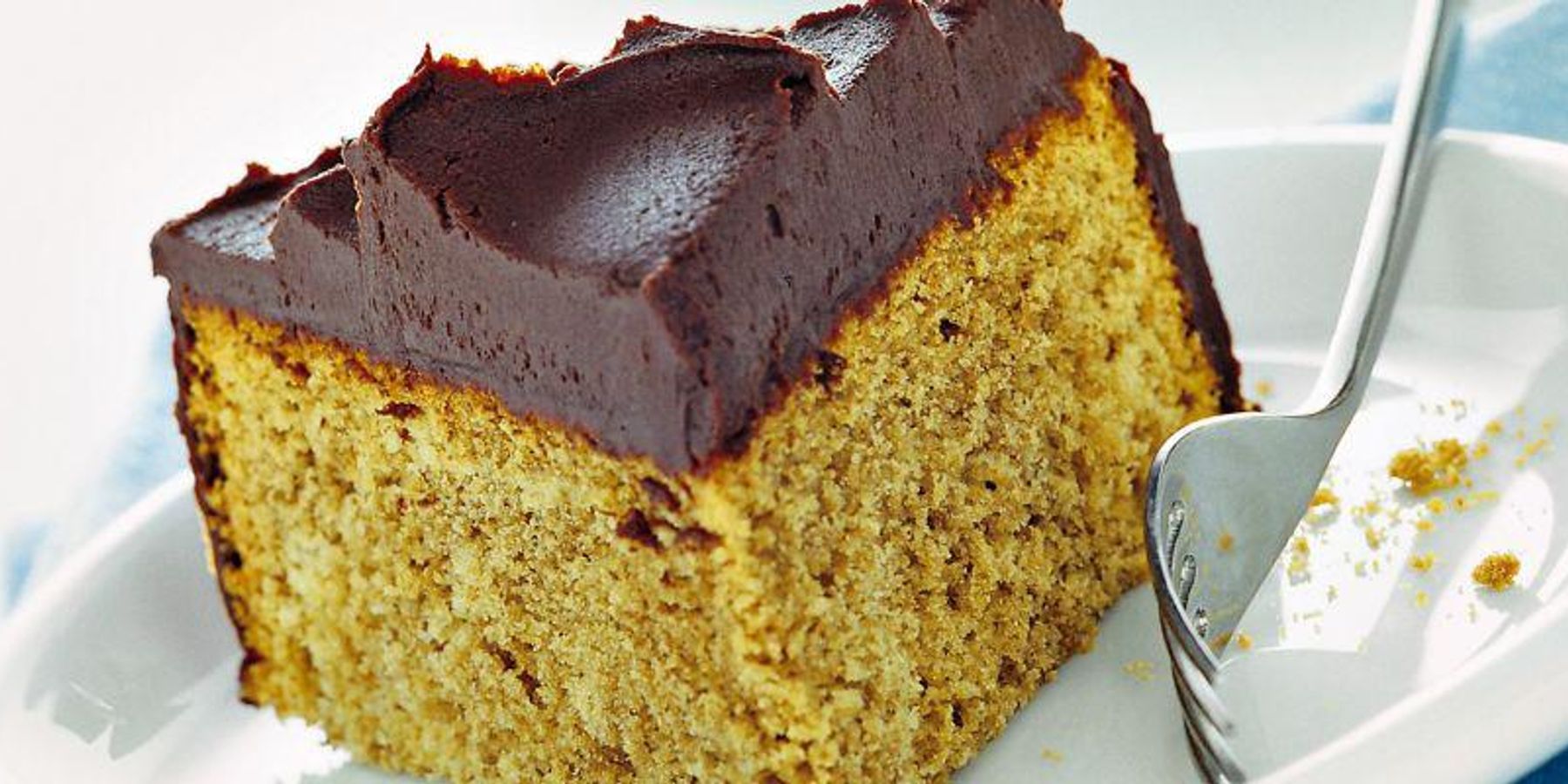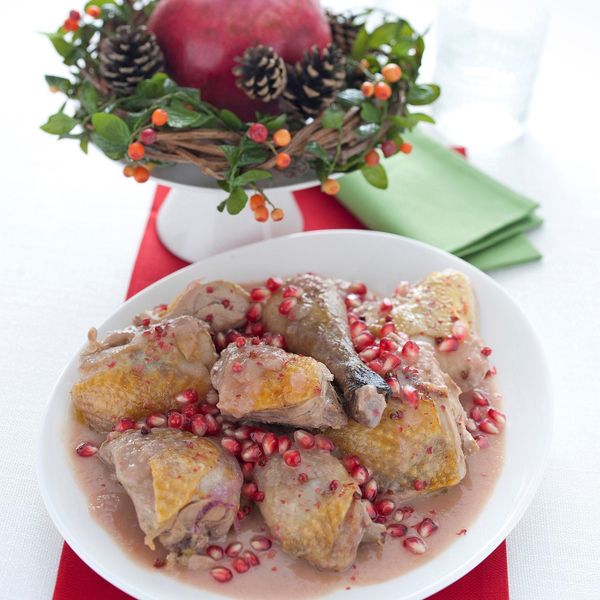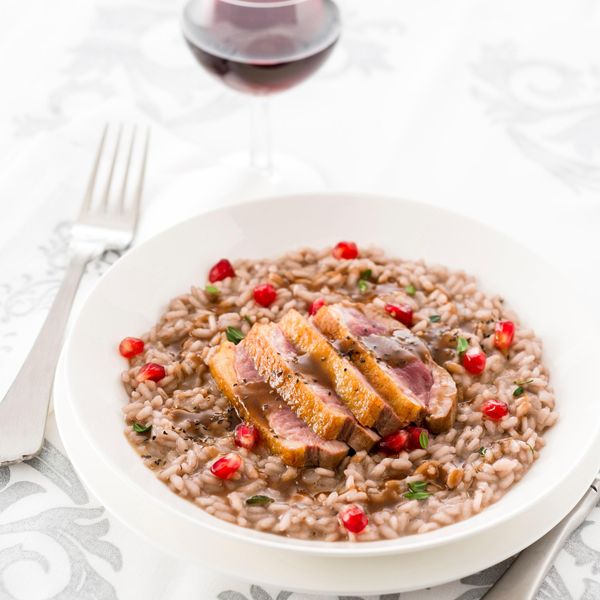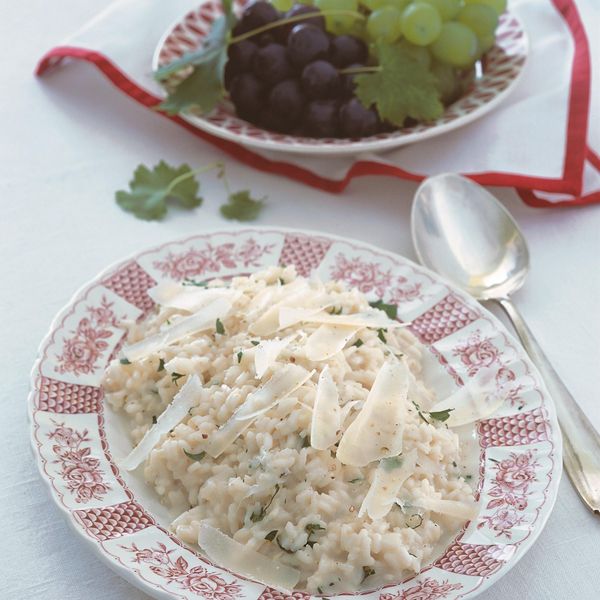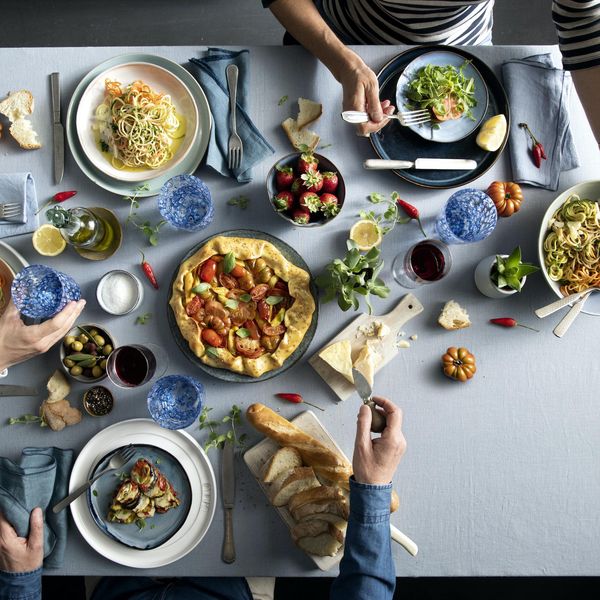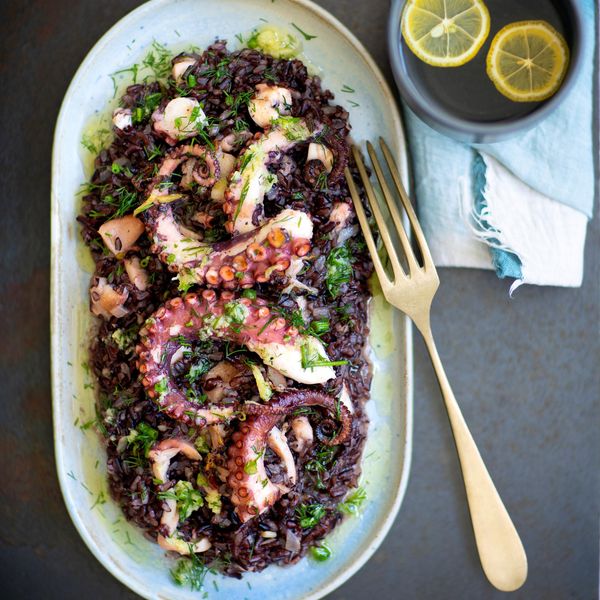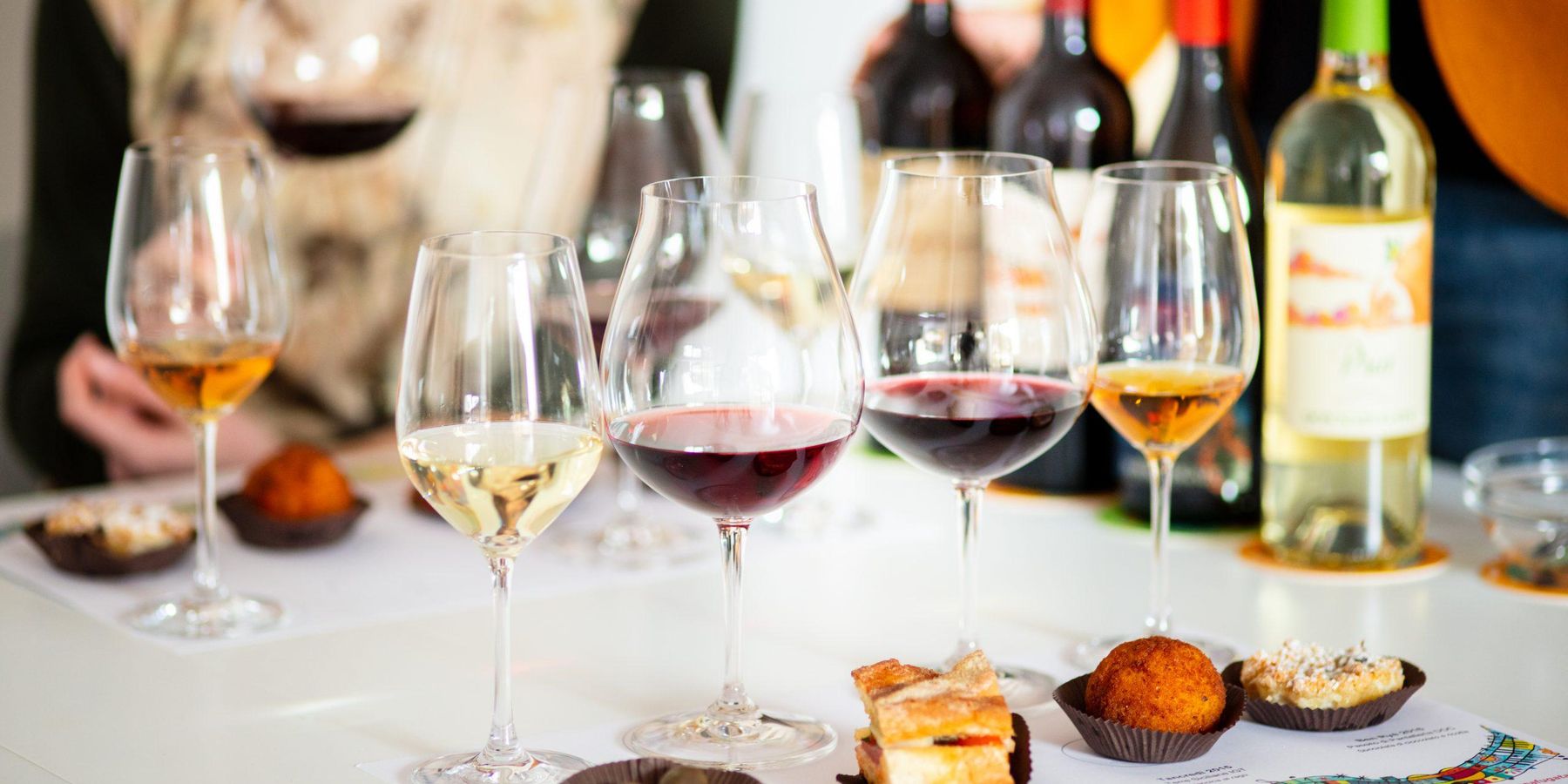
Marsala has a fascinating history which is lost in the mists of time, from a Punic-Phoenician colony on the island of Mozia, under the Arab domination it was called Marsa Alì (port of Alì) and then it was called Marsa Allah (port of Allah), to which is also the name of the wine.
It was in the early seventies of the eighteenth century that the English merchant John Woodhouse, arrived in Sicily in search of soda, gave birth to the myth of Marsala. It was a wine which was aged in oak casks from which, after some time, a certain quantity of wine was taken and replaced with the same quantity of young wine.
This operation was repeated "in perpetuity" during the years, guaranteeing uniform wines even though they were from different vintages. Woodhouse had the chance to try it: he liked it so much that he sent 320 hectoliters of it to his country, however adding 2% of wine brandy, fearing it could have been ruined during the journey.
By considering the fact the climate conditions were practically the same he had found years before in Madeira and Portugal, he had the idea of producing in Marsala wines having the same characteristics but with lower production costs.
At the end of the 18th century, Marsala wine was usually drunk in every ship of His Britannic Majesty: even Admiral Nelson celebrated the victory of the naval battle of Trafalgar. From that moment on Marsala became the "victory wine", the wine of victory.
Vincenzo Florio in 1833 founded the first Italian winery producing Marsala wine.
On May 11, 1860 took place the landing of Giuseppe Garibaldi and his Thousand and from here began the unification of Italy. It is said that as soon as he landed he was offered a glass of Marsala wine. He particularly liked the sweet variant which is called Garibaldi Superiore.
Marsala is a fortified or fortified wine. It means that to a base wine are added brandy or alcohol, concentrated must, cooked must or mistelle. The latter is nothing else than a must with added ethyl alcohol or wine brandy.
The practice of fortifying wine, a fundamental concept for Marsala, makes it similar to other fortified wines such as Port, Jerez, or Madeira. Marsala is the only Italian wine whose rules are dictated by law, n.851 of November 28, 1984, which requires the production and bottling only within the provincial territory of Trapani, from which are however excluded the area of Alcamo, Pantelleria and Egadi.
Tasting notes
Marsala can have a gold, amber, or ruby color according to the winemaking methods, grapes and aging. A further classification distinguishes a dry variant, a semi-dry one and a sweet one according to the quantity of sugars contained in a liter. Its enveloping, intense and persistent bouquet is characteristic and complex and perfectly reflects the sweet, velvety, warm, dry and balanced taste which recalls the notes of tobacco, wood and licorice.
Food Pairing
Marsala is a versatile and perfect wine to be drunk with meals and it can be very well matched with desserts and aperitifs. It must be served in tulip shaped glasses with high stem. The suggested serving temperature is about 12-18° C (54-18° F). This wine is perfectly matched with cookies, dried fruits and small pastries. The Superiore or Superiore Riserva version exalts creamy desserts, blue cheese, bakery products, many meat and fish dishes; it is considered an excellent meditation wine.
